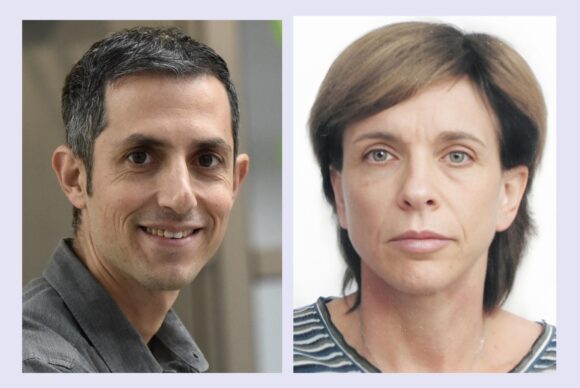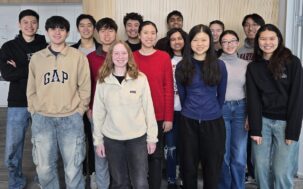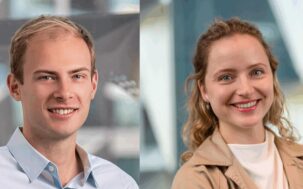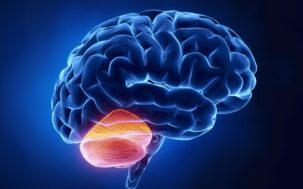Kempner Institute Welcomes Yonatan Belinkov and Daphna Weinshall as Visiting Scholars for the 2025-2026 Academic Year

The Kempner's 2025-26 visiting scholars are Yonatan Belinkov (left), an expert in natural language processing, and Daphna Weinshall (right), an expert in human and machine vision.
The Kempner Institute is pleased to welcome Yonatan Belinkov and Daphna Weinshall as visiting scholars for the 2025-26 academic year. Both are preeminent researchers in the field of intelligence, helping to advance theory and science behind how machines learn, perceive and communicate.
Belinkov, an expert in natural language processing (NLP), is a faculty member at the Taub Faculty of Computer Science at The Technion– Israel Institute of Technology. Weinshall, an expert in human and machine vision, is Professor at the School of Computer Science and Engineering at the Hebrew University of Jerusalem.
At the Kempner, Belinkov and Weinshall will collaborate with students, fellows and faculty researchers on projects that bridge AI and natural intelligence, helping to develop innovative computer models for advancing the field.
Yonatan Belinkov: Interpreting and Controlling AI Models
Yonatan Belinkov brings expertise in natural language processing, focusing on topics such as interpretability, model robustness, emergent communication, biological language models, and NLP for Hebrew and Arabic.
“My group has been working on interpretability, control, and robustness of AI models, especially LLMs and their kins (multi-modal models, protein language models, etc.),” he says. “I’m very interested in scaling up interpretability research to more realistic use cases, which can positively impact AI in real life.”
In particular, at the Kempner, Belinkov says that as a computer scientist, he is looking forward to collaborating with scholars of natural intelligence. “The two communities have much to learn from each other,” he says. “I plan to work with students, fellows, and faculty on the Science of AI, as well as innovate on new models and architectures.”
Daphna Weinshall: Exploring Human and Machine Vision
Daphna Weinshall brings deep expertise in computer and human vision to the Kempner Institute. Her research centers on creating alternative deep learning paradigms that improve the flexibility, adaptability, and resilience of modern AI systems. Inspired by principles of human intelligence, she strives to develop methods that enable continuous learning and effective adaptation to new environments, even in situations where reliable data is scarce.
“My research on data-efficient approaches—such as active learning under annotation constraints and transfer from foundation models—aligns with the institute’s focus on models inspired by human cognition and learning,” says Weinshall. “I see strong opportunities for synergy, as perspectives from constrained machine learning can help advance the shared goal of narrowing the gap between artificial and biological intelligence.”
About the Kempner
The Kempner Institute seeks to understand the basis of intelligence in natural and artificial systems by recruiting and training future generations of researchers to study intelligence from biological, cognitive, engineering, and computational perspectives. Its bold premise is that the fields of natural and artificial intelligence are intimately interconnected; the next generation of artificial intelligence (AI) will require the same principles that our brains use for fast, flexible natural reasoning, and understanding how our brains compute and reason can be elucidated by theories developed for AI. Join the Kempner mailing list to learn more, and to receive updates and news.
PRESS CONTACT: Deborah Apsel Lang | deborah_apsel_lang[at]harvard.edu.






